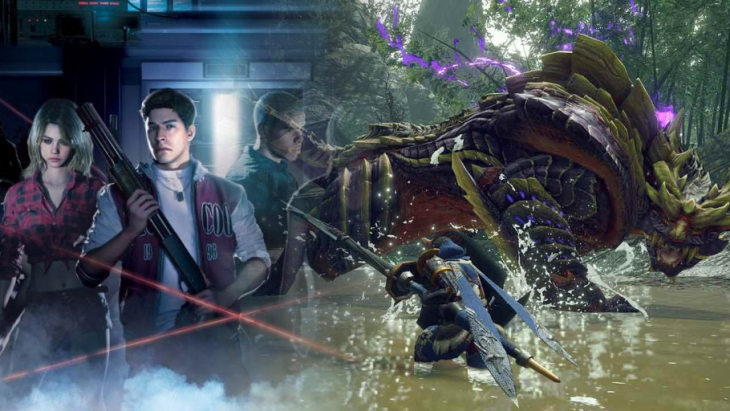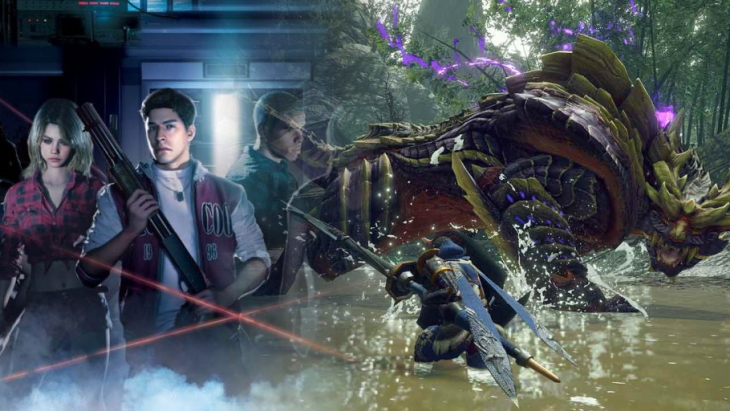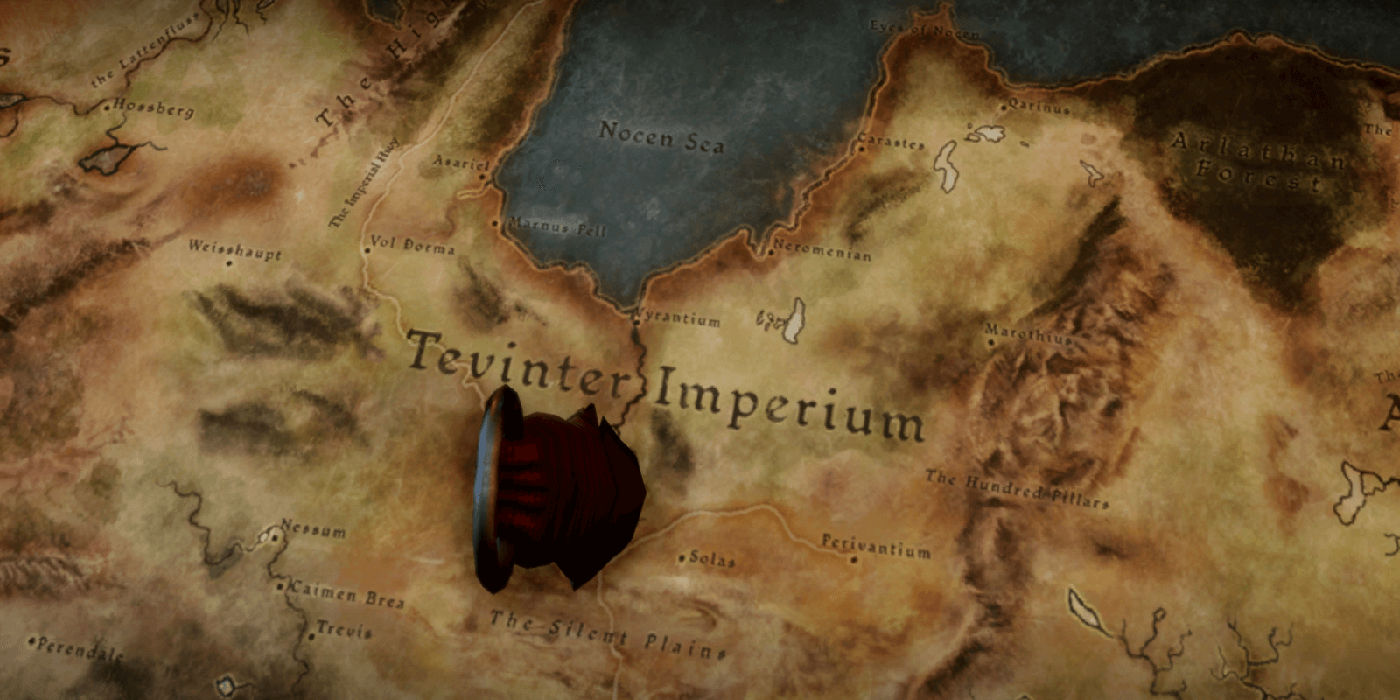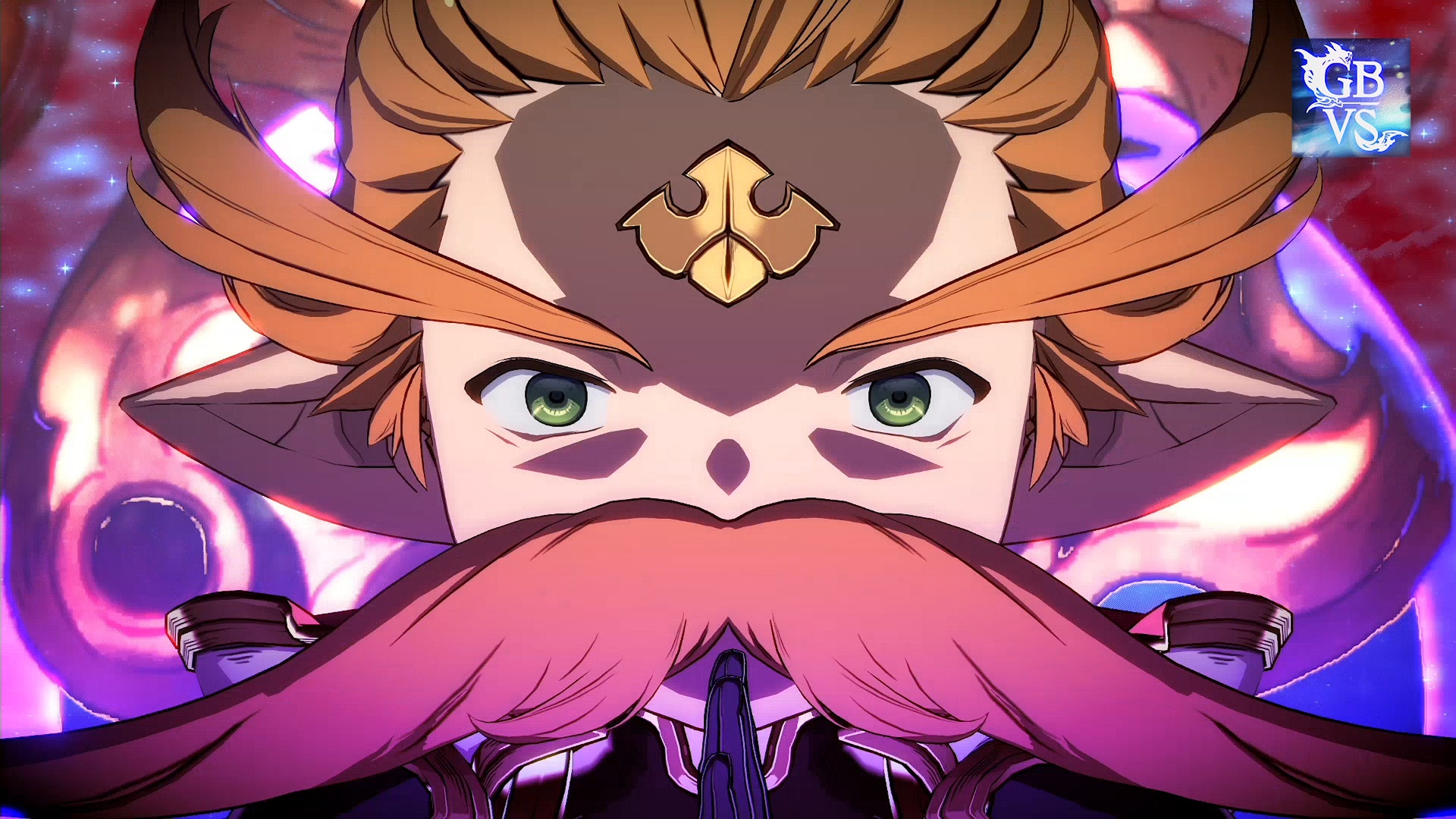

Disclaimer: Due to the nature of this story, we will not be providing links to the hacked data. Some information on the contents of the archives have come via third parties; including ResetEra [1, 2]. Some files have been translated by third parties, and as such may not be accurate.
The contents of the Capcom ransomware hack has begun leaking online, featuring news on Resident Evil, Monster Hunter, and other games; along with politically correct business strategies.
As previously reported, Capcom announced to investors their networks “experienced issues that affected access to certain systems, including email and file servers.” This was caused by “unauthorized access carried out by a third party” but stated there was no customer information taken.
Ransomware hacker group Ragnar Locker declared they had performed the hack; locking Capcom out of their own files and making copies for themselves. They demanded $11 million USD to decrypt 1TB of stolen corporate data.
It would seem that demand was not paid, as the group have begun leaking the information online. So far three archives have been produced, two over 20GB and one over 10GB.
The contents of these files include confidential data, NDAs, business letters, banking statements, tax forms, sales reports, employee passport information, and suspension letters. Today Capcom posted an update on the security breach to their investors, confirming they were victims of Ragnar Locker’s ransomware attack.
Capcom claimed that they have verified 18 pieces of employee personal information was obtained, along with the potential of approximately 14,000 items of human resources information and 350,000 items of customer and business partner personal information. The latter would include Japan’s customer service support, and North America’s Capcom store and Esports operations website.
Capcom further emphasized that none of this at-risk data included credit card information, as those transactions are handled by a third-party. The above numbers are also the maximum possible figure, as some logs have already been lost. Capcom have begun contacting those who have been affected, and encourage those who may be affected to contact them.
Leaked Games
In addition, the archives include information about upcoming video games, and Capcom’s marketing strategy. It should be emphasized that some files are dated as old as 2018, and as such plans may have changed. Plans may also change thanks to this leak, and the reception the news has.
Resident Evil VIIIage (or Resident Evil Village) is set to launch in April 2021 on PlayStation 4 and PlayStation 5, with a demo coming before the release. Pre-orders were set to begin January 2021, with a lifetime sales goal of 10 million. The game is designed as a Metroidvania, featuring twice as many unique enemies as Resident Evil VII.
There is also a DLC pack planned called Ethan’s Trauma, featuring a weapon,a weapon accessory, alternate background music, a screen filter, and Very Hard difficulty. The contingency for this is a digital art book instead.
There is also be a new battle royale multiplayer Resident Evil game in development, dubbed Project Highway and Village Online. With pre-order bonuses for weapon accessories, it may be that this is an online component to Resident Evil Village. A VR version of Resident Evil 4 is also in the works, exclusively for Occulus devices.
A new collection of Ace Attorney games are also planned for Nintendo Switch and PlayStation 4. It features the first three games, along with both The Great Ace Attorney that were not localized in the west. No release dates or regions were mentioned in the documentation, though a proposal for an “auto mode” was proposed, and discussed younger players in Japan and the US.
Monster Hunter Rise was originally meant to launch Holiday 2020, but was delayed internally to March 2021. The game will have a demos launched in January and March (though this may be a launch window for a single demo), and will later head to Windows PC in October 2021.
Monster Hunter Stories 2 was last announced to heading to Nintendo Switch in Summer 2021. The leaked documents state the game will launch in June 2021 foe Windows PC and Switch, and will support single player, online co-op, and PVP. There will also be DLC expansions, free post-launch co-op quests, cosmetic microtransactions, and amiibo support.
Three new games are also in development; two under code names. Project Guillotine is set to launch February 2021 on Nintendo Switch, and later on other platforms. Another project, Reiwa, will launch in May 2021.
One of these new games is a multiplayer shooter called Shield. The game was set to launch September 2021 on Windows PC, but instead a demo will release at that time to build a community ahead of the full launch in March 2022, along with PlayStation 4, PlayStation 5, Xbox One, and Xbox Series X.
To build that community, Capcom were planning to hire a popular streamer to play the game. However, Capcom did lay out the risks of contract fees being extremely high, and that the streamer will stop playing the game as soon as the contract expires. They cite Ninja’s streaming of Apex Legends as an example of this, causing the game’s momentum to drop when combined with service issues.
Instead, Capcom will focus on a larger number of mid-tier streamers as oppose to one or two major ones. These ambassadors will have special bonuses, and keep certain rights once their contract expires. The latter is designed to make them feel privileged, and motivated to keep playing when the contract is concluded; turning them into someone who wants to support the game’s community.
Finally, the source code for Devil May Cry 2 and Resident Evil: Umbrella Chronicles also leaked.
Business Strategies and Deals
Along with Shield‘s business strategy, several business strategies for the future were laid out, as well as how other companies dealt with Capcom.
This includes Google paying Capcom $10 million USD to bring Resident Evil VII and Resident Evil Village to Google Stadia on February 1st, 2021. However, it should be emphasized that documentation discussing Village did not mention Google Stadia among its platforms.Sony Interactive Entertainment also paid $5 million USD for timed DLC and demo exclusivity for Resident Evil VII.
Editor’s Note: The following information utilizes unverified third party translation.
Among the documentation includes a presentation on political correctness and advertising materials, and how to avoid drama and controversy. This includes avoiding the use of language that can be deemed as discriminatory or prejudice, and will result in new guidelines for each region’s PR and advertising material creators.
Even so, some of the documentation discusses what to do and what to avoid as though it applied to game designers, though this may be the result of how it was translated into English. This includes gender neutral cosmetic options, only featuring certain ethnicities or portraying them as unequal or stereotypical, and avoiding sexual or obscene language and jokes unless inevitable based on the context of a story or narrative.
Sexuality, LGBTQ, and women were also discussed. One slide features The Last of Us Part II and Shadow of the Tomb Raider as being positive examples of LGBTQ characters; and that such characters should be portrayed as appealing as male characters (and promoted in the same way). Capcom do note that certain regions view LGBTQ characters negatively.
Meanwhile, Nintendo’sPrincess Peach and Zelda were used as examples of negative stereotypes of women due to being damsels in distress. This is in spite of the image used for Zelda being from Breath of the Wild; where the character takes a more pro-active role.
The presentation also asks to defer to the localizers of different regions and vendors to make sure certain content is appropriate. Examples include Arab localization and content featuring pigs, the use of Happy Holidays over Merry Christmas, and numbers or expressions that may refer to the Nazi party.
The presentation recommends characters that appeal to a wide range of people, with male and female player characters being treated the same within a video game. Custom characters should be able to have any haircut or facial hair, and various body types.
Sex appeal, such as bikini costumes or lewd poses and costumes, should be equal between men and women, and serve a purpose in the context of the story. However, costumes cannot appeal to only one kind of user base, such as only one gender.
Capcom used their own games as examples of this. While a shirtless costume for Street Fighter‘s Ryu was fine, R. Mika’s butt-smashing super move was not. Cases where an armor set in Monster Hunter World shows more skin on the female character was also seen as a bad thing.
Likewise, while Spider-Man Miles Morales was seen as a positive portrayal of non-white races, while Street Fighter‘s Dee Jay wearing a Rastafarian hat was not.
It should be noted that while this documentation indicates a presentation was likely given, it is unknown how Capcom have acted based on it. In the US, certain diversity and political correctness courses for businesses are mandatory under state law, or provide incentives such as lower taxes.
Similar may have occurred with Capcom in Japan; as a western investor discovering no discussion on political correctness could cause them to create outcry. Capcom also recently produced a swimsuit R. Mika figurine, along with the Street Fighter Swimsuit Special Collection artbook in 2020.




